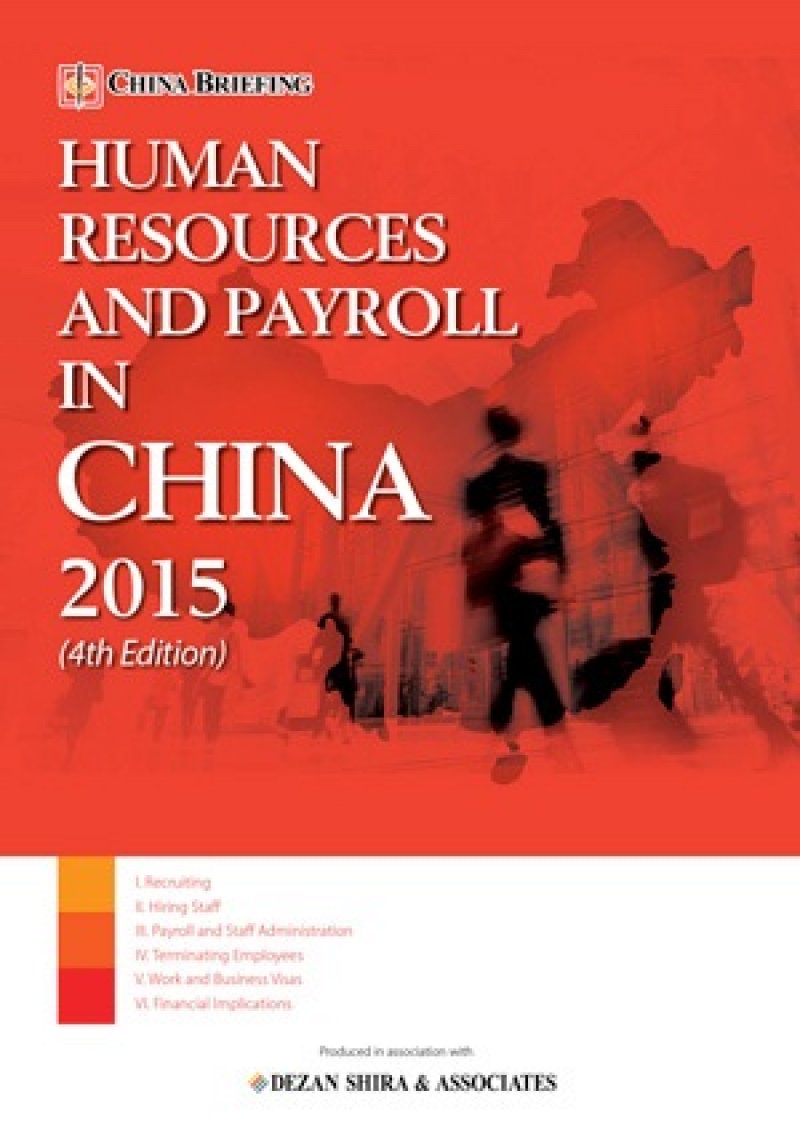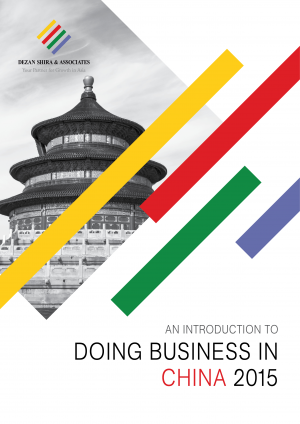How to Hire Part Time Employees in China
By Dezan Shira & Associates
Editor: Nathan Wakelin-King
Part time work is not as common in China as it is in the West. From a legal perspective, regulations are not very comprehensive or detailed. However, the labor market in China is dynamic, changing, and influential. Foreign companies may thus find themselves in situations where employing part-time workers is advantageous.
China’s labor market is one of the most economically influential of its type in the world. It is important that foreign companies are aware of the different laws and options relating to hiring workers, in case a changing situation on the ground necessitates a change in HR strategy.
Chinese part time labor laws
The Chinese laws regarding part time work uses the term jianzhi gongzuo (兼职工作). This is often simply translated as “part time work”, but it is important to note that this Chinese term often implies that an employee is working two or more jobs concurrently, rather than a single job on less than full time hours. This is the context that one should be aware of when trying to understand China’s part time work laws.
 RELATED: Human Resource Services from Dezan Shira & Associates
RELATED: Human Resource Services from Dezan Shira & Associates
Chinese Law defines three types of workers as “part time”. These categories are:
- Workers doing consulting work, over an unspecified or varying amount of time;
- Workers doing part time work of a set number of hours/days per week;
- Workers who used to do full time hours, but due to unforeseen circumstances now work less hours/days than previously.
Employees who are part time are defined as such by the number of hours per week that they work: typically two or three full days, or working for shorter stretches of time for a total of 24 hours per week or less.
The amount of days/hours should be clearly specified in the employee’s contract. If they are changing from a full time contract due to some sort of unforeseen circumstance, then the written contract should be changed.
People doing consulting work are also considered as doing “part time” or concurrent (jianzhi gongzuo/兼职工作) work. In these roles, the “employee” should be autonomous from the employer; this level of autonomy is what is defined as the difference between a consultant and a part time contract worker.
Concurrent work (“moonlighting”)
In the case where an employee is working two or more jobs at once, Chinese law places higher levels of power over the employer who first signed the contract with the employee. In the case of an employee doing two concurrent jobs, the employee must ensure that they meet the requirements of the first company that they were employed by.
Where doing the extra job prevents the employee from fulfilling the requirements in their contract, the employer can terminate the employee – however, the employer must have some sort of evidence of negligence on the part of the employee.
If the employment relationship is part time, employers are not required to pay contributions to social or medical insurance. They are still required to make contributions for industrial injury insurance.
Part time work in the context of the Chinese economy
Part time work is not a dominant part of the Chinese labor market. From a cultural perspective, doing a basic part time job in a fast food restaurant or supermarket is not the rite of passage that it is in the West: in China, most of these “basic” jobs are filled by migrant workers from the countryside.
As urbanization in China increases and wages continue to rise, we may see a shift away from full time work to part time work over the long term. However, that is not the case at this stage, and a business strategy should not assume an availability of large amounts of part time workers.
![]() RELATED: End of the Line: Terminating an Employee in China (Part 1)
RELATED: End of the Line: Terminating an Employee in China (Part 1)
Recommendations and risks
Although “part time” might imply a level of casualness, employers are still strongly advised to write up and sign with the employee a formal paper contract that clearly stipulates the roles and responsibilities of each side. This should include the employee’s work hours.
The legislation and legal precedent for part time and concurrent work is not yet very clear in China. This is an area of business in the country that is both subject to uncertainty, and with the potential to change. Employers who decide to hire part time workers should remain abreast of current trends in China’s legal environment and labor market conditions.
Depending on the situation of the company, employee, and labor market, a part time labor relationship might be mutually beneficial – but the employer must be aware that there is still both potential risk and legal formalities that must be upheld, just as there would be in a more regular full time contract.
Finally, a company employing part time employees should be aware of heightened risks for IP security, as well as potential conflicts of interest that come if someone is working two jobs at once.
|
Asia Briefing Ltd. is a subsidiary of Dezan Shira & Associates. Dezan Shira is a specialist foreign direct investment practice, providing corporate establishment, business advisory, tax advisory and compliance, accounting, payroll, due diligence and financial review services to multinationals investing in China, Hong Kong, India, Vietnam, Singapore and the rest of ASEAN. For further information, please email china@dezshira.com or visit www.dezshira.com. Stay up to date with the latest business and investment trends in Asia by subscribing to our complimentary update service featuring news, commentary and regulatory insight. |
![]()
 Human Resources and Payroll in China 2015
Human Resources and Payroll in China 2015
This edition of Human Resources and Payroll in China, updated for 2015, provides a firm understanding of China’s laws and regulations related to human resources and payroll management – essential information for foreign investors looking to establish or already running a foreign-invested entity in China, local managers, and HR professionals needing to explain complex points of China’s labor policies.
 Employing Foreign Nationals in China
Employing Foreign Nationals in China
In this issue of China Briefing, we have set out to produce a guide to employing foreign nationals in China, from the initial step of applying for work visas, to more advanced subjects such as determining IIT liability and optimizing employee income packages for tax efficiency. Lastly, recognizing that few foreigners immigrate to China on a permanent basis, we provide an overview of methods for remitting RMB abroad.
 An Introduction to Doing Business in China 2015
An Introduction to Doing Business in China 2015
Doing Business in China 2015 is designed to introduce the fundamentals of investing in China. Compiled by the professionals at Dezan Shira & Associates, this comprehensive guide is ideal not only for businesses looking to enter the Chinese market, but also for companies that already have a presence here and want to keep up-to-date with the most recent and relevant policy changes.
- Previous Article The Extension of Labor Contracts in China: Legal Responsibilities and Risk Management
- Next Article Paternity Leave in China: Regional Policies and Differences








